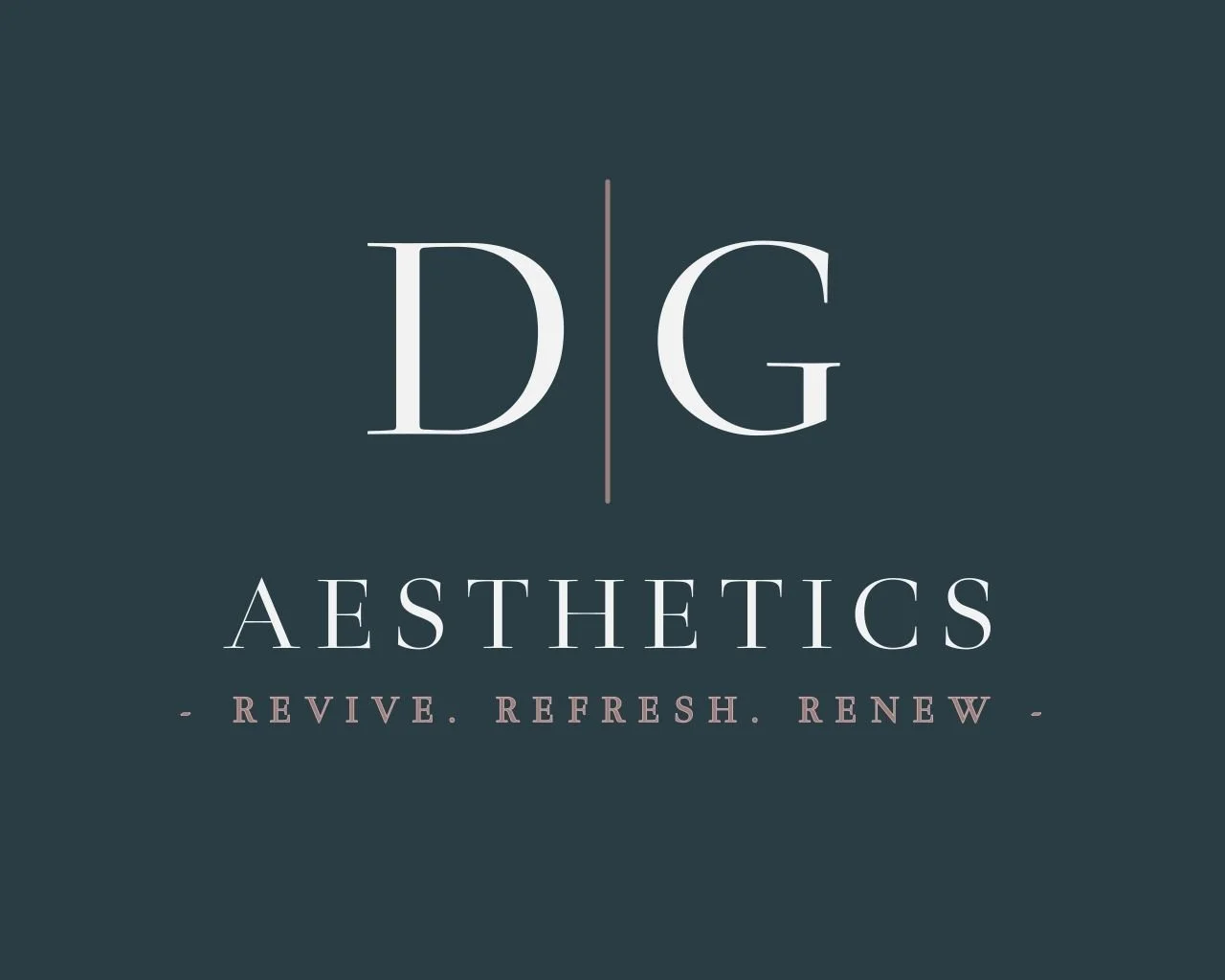Botulinum toxin
Information and price list
WHAT IS BOTULINUM TOXIN A?
Botulinum toxin type A (also known as Botox, Azzalure, Bocouture) is a prescription medicine that is injected into the face to temporarily 'paralyse' muscles to improve and soften forehead lines, crows feet and the frown lines. The treatment is temporary and can last up to 3-4 months. It is a known fact that since Botulinum type A was discovered and used for facial aesthetics in 2002, there has been more than 30 million Botox® procedures carried out worldwide!
Prices start from £165
botulinum toxin pricelist
1 Area Women - £165 / Men - £180
2 Areas Women - £210 / Men - £225
3 Areas Women - £230 / Men - £245
Additional Areas £35 Each
Gummy Smile / Bunny Lines / Dimpled Chin / Corners of Mouth
primary areAs
Nefertiti - Neck Lift £375
Hyperhydrosis £350
Masseter Muscle £225
advanced areas
FAQs
-
Your skin will be disinfected and your facial expressions will be assessed by your practitioner and marked out with a white pencil. A number of small botox injections will be made in the marked white pencil points. The procedure is almost pain free as we use a special non sting saline in all our toxin treatments. Most patients compare the sensation to plucking a single eyebrow hair at worst.
-
There will be some small bumps evident where the botox injections have been placed. These will settle within 15 mins. Its advised to not lie flat, rub or put pressure on these areas for at least 4 hours to avoid pushing the product into another muscle - this could cause problems with 'drooping' or ptosis as its also known. Headaches can be a side effect and can last from 24 hours to 2 weeks, but they will subside and normal pain relief medication such as paracetamol can be taken to help alleviate the discomfort. Minor bruising is also a common side effect. All other side effects will be discussed with you at consultation.
-
Results can start to be seen from as early as 3 days, but the full affect from the botox wont be until 14 days post treatment. It does not have an immediate effect (like hyaluronic acid filler), so you would have to wait for the botox to take effect within the 2 week period. A review appointment with your practitioner is usually made between 2-4 weeks as a top up may be necessary.
-
Absolute Contraindications:
Known hypersensitivity or allergy to:
Botulinum toxin A
Any other botulinum toxin product
Human albumin (a stabilizer in some Botox formulations)
Infection at the proposed injection site
Neuromuscular disorders that may be exacerbated by botulinum toxin, such as:
Myasthenia gravis
Lambert-Eaton syndrome
ALS (Amyotrophic lateral sclerosis)
Multiple sclerosis (relative contraindication but often avoided)
Pregnancy and breastfeeding – No safety data; classified as Category C (should not be used unless absolutely necessary)
Patients with a history of keloid formation or poor wound healing (if being used for cosmetic surgery adjunctively)
Relative Contraindications / Use with Caution
These aren’t absolute, but require careful assessment and possibly practitioner clearance:
Bleeding disorders or patients on anticoagulant therapy (e.g., warfarin, aspirin, clopidogrel):
→ Increased risk of bruising at injection sites.History of facial nerve disorders or previous facial surgery:
→ May cause asymmetry or unpredictable results.Ptosis (eyelid droop) or weakness in facial muscles:
→ May be worsened by Botox if improperly placed.Recent use of aminoglycoside antibiotics (e.g., gentamicin, tobramycin):
→ May increase the effect of botulinum toxin and risk of systemic spread.Chronic respiratory conditions (e.g., asthma, COPD):
→ Caution advised if injecting near the neck or chest area due to rare risk of respiratory muscle weakness.Previous adverse reactions to any botulinum toxin product—even if mild.

